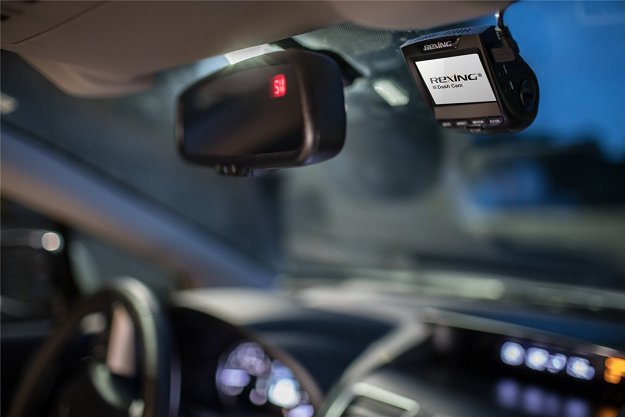
Government officials contend that Renault’s ubiquitous four-cylinder dCi turbodiesel engine is a health hazard because it emits more nitrogen oxide (NOX) than it’s legally allowed to. The accusations claim the engine is equipped with a defeat device similar to the one Volkswagen fitted to over half a million cars in the United States.
A list of the models affected by the probe hasn’t been released yet. The dCi oil-burner is found under the hood of dozens of Renault models including the Clio — which is one of the best-selling cars in Europe –, the Talisman, the Scenic, the Espace, and the Captur. Variations of it also power Dacia-, Nissan-, and even Mercedes-Benz-badged models on the other side of the pond.
All told, several million cars on European roads have a dCi mill under the hood. None are in the United States, however, where Renault hasn’t sold a car in over a quarter of a century.
Renault strongly disagrees with the French government’s accusations. It issued a comprehensive statement that argues its cars have always been fully compliant with all French and European pollution norms. Importantly, it stresses that none of its models are equipped with a defeat device designed to cheat on emissions tests.
Officials from the company agree that stricter pollution norms need to be enacted across Europe, the statement points out that engineers are constantly working on solutions to reduce real-world NOX emissions. Renault is fully cooperating with the government’s probe. The company’s stock fell by three percent immediately after the news broke.
The announcement comes just a day after the United States Environmental Protection Agency (EPA) and the California Air Resources Board (CARB) accused Fiat-Chrysler Automobiles (FCA) of building non-compliant, diesel-powered SUVs and trucks. Like Renault, FCA adamantly denies any wrongdoing.




